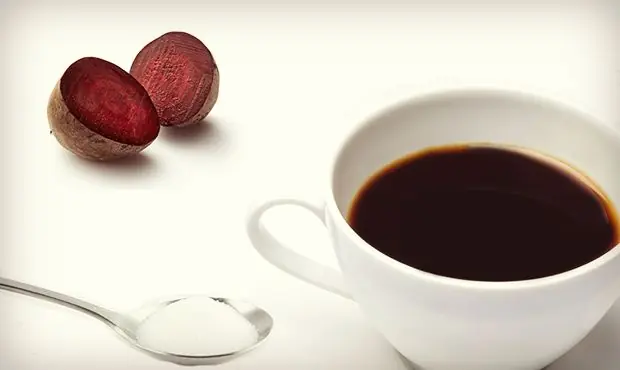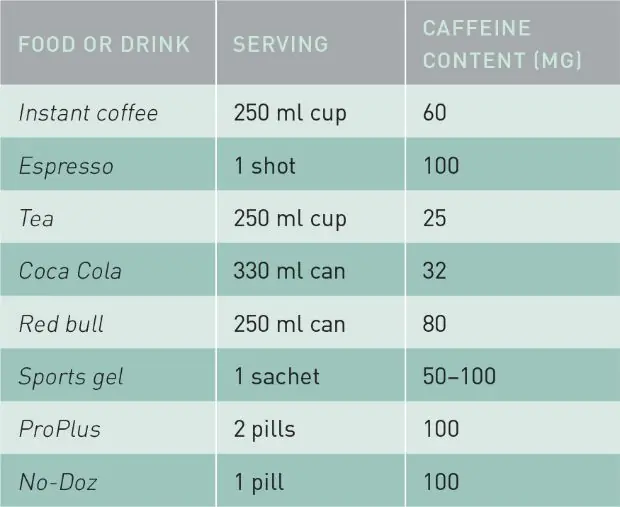
The majority of cyclists, both amateur and elite, will at some point have used supplements in a bid to aid performance. It's nothing new. In fact, it's big business. There are many reasons for this boom; one of them being that if taken correctly, certain supplements will enable cyclists to train harder and for longer, and recover quicker, giving them a competitive edge.
More: Make Rice Cakes for Your Next Ride
Cycling Events Near You
Over the years the lines have been blurred as more and more supplements emerge — readily available in shops, supermarkets and online — capitalizing on an ill-educated public and making spurious claims that they can help performance, weight loss and health. In truth, there are only a handful of legal supplements that can significantly help performance, and not all of these are relevant for cyclists. Let's be clear, doing the right training, getting the right amount of rest and eating a healthy balanced diet with good carbohydrate availability is far more important than any supplement you'll take. Supplements should be seen as the icing on the cake, not a short cut to success.
What Works?
There's a commonly held belief in sports nutrition with regards to supplements. If it works, it's probably banned, and if it's not banned according to the World Anti-Doping Agency (WADA), then it probably doesn't work. There are some exceptions to this rule that are known to benefit performance when used in the correct way.
Creatine is not for cyclists. Though it does improve strength and power, it works over short bursts of time rather than for prolonged exercises such as cycling. Creatine also encourages the body to retain water and put on weight — not ideal when you want to get up those hills and mountains quickly. Consequently, cyclists should steer clear of this supplement.
The next two are sodium bicarbonate and beta-alanine. Again, these work as they help buffer against excess lactic acid build-up in the muscles during exercise. But for long-endurance exercise, is it worth the potential stomach irritation of taking sodium bicarbonate, or remembering to take beta-alanine every day, sometimes twice a day, for four weeks in the lead-up to one event? We'd suggest not. It's not going to be the thing that helps you find Cycling Nirvana.
The fourth performance aid is good old-fashioned caffeine. This is used by cyclists and is effective too; so much so that it was banned by WADA until 2004. Caffeine can provide the edge at a time you may feel you need it. It works on the same day and will be cleared by your body by the end of the day so there are no real lasting effects. So, let's take a closer look at caffeine and how it can benefit cyclists.
More: Supplement Plan for Riding (Infographic)
CaffeineCaffeine is a stimulant (it's actually a drug) that can help improve concentration and sharpen reactions by speeding up messages to and from the brain. It has unanimously been shown to improve time to exhaustion in numerous studies from as far back as 1978 to the present day. It exerts its effects on the central nervous system by altering the perception of effort and fatigue, which is why it might be commended for cyclists.
However, taking too much caffeine can cause nervousness, restlessness, nausea, stomach pain, vomiting and insomnia. Equally, some people are more sensitive to it than others.
Where can I get it?
Caffeine content of common foods and drink:

The Dosage
1-3 mg/kg of body mass before you exercise. So if you weigh 70 kg (155 pounds), then 70-210 mg would be recommended. The range is determined by how sensitive you are, which you will become familiar with as you use it. Its effects last in the body a few hours so one dose should be enough, but it's also used by many pros towards the end of races as a 'pick-me-up' before a hard finish.


